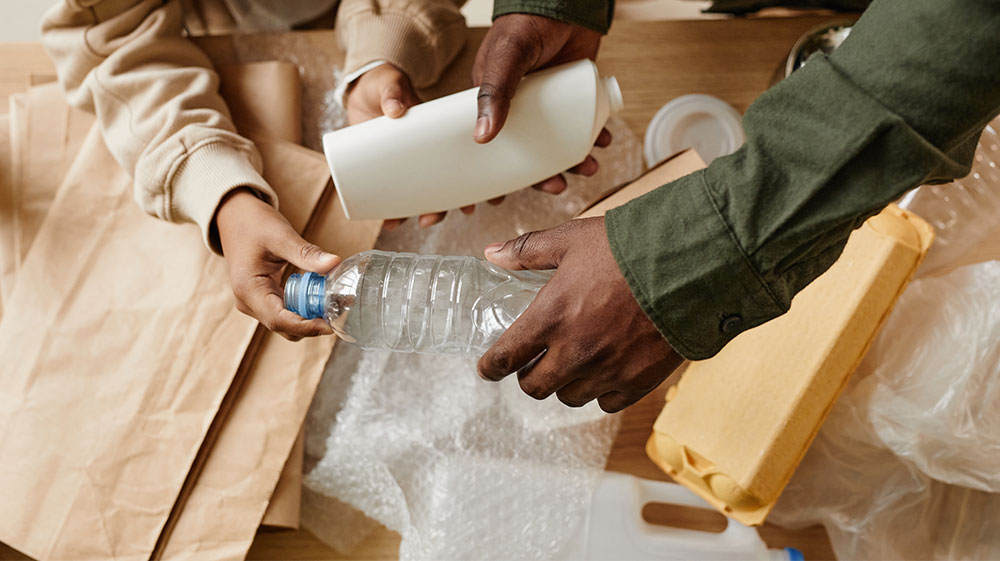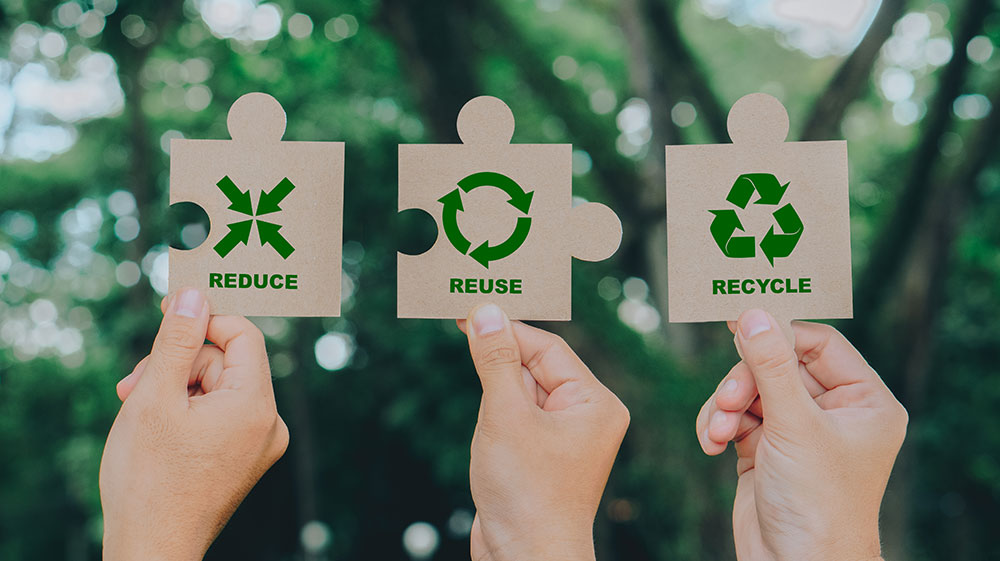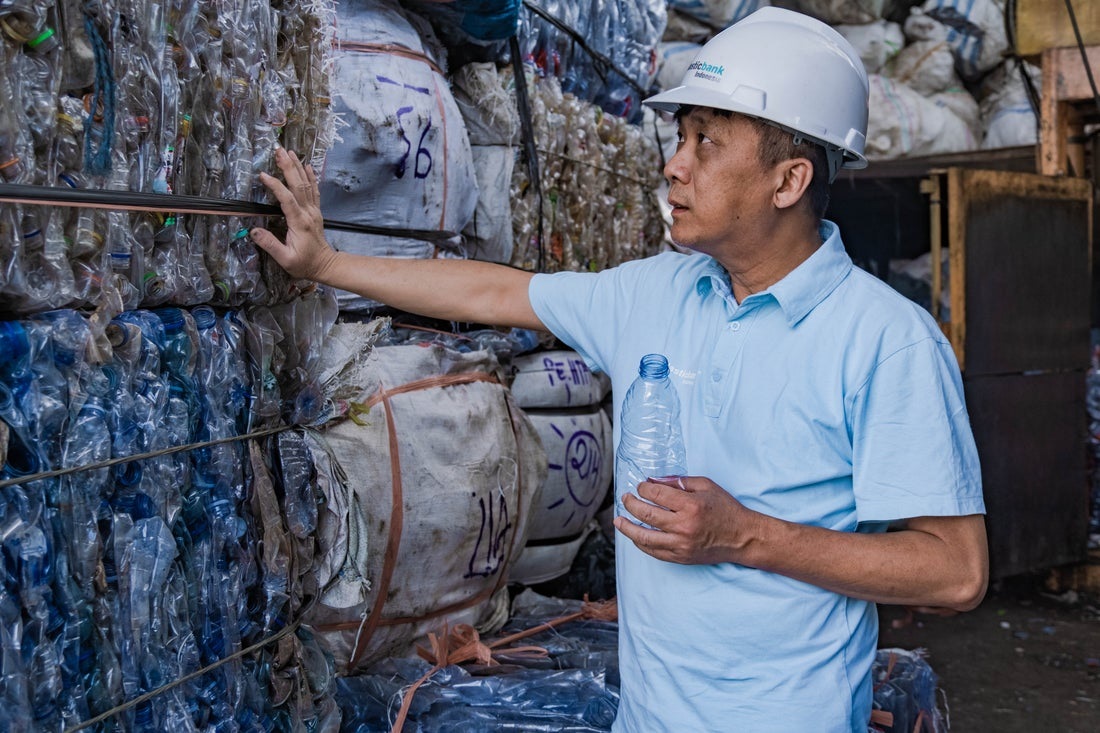
The ocean’s connection to all life on Earth
Picture yourself standing bare feet on a shore, where the land meets the vast expanse of shimmering blue. As you stare at the horizon, feel…
TESTING THE NOTIFICATION

Written by
on
1 minute to read
Plastic pollution stands as one of the most pressing challenges humanity faces today. Our pervasive throwaway culture has unleashed a torrent of plastic waste, with vast quantities finding their way into our ocean, wreaking havoc on marine life, ecosystems, and ultimately, our planet.
Think about the plight of marine wildlife – the seabirds and sea mammals get caught daily in a tragic dance with ocean plastic. And let us not forget ourselves, the unwitting participants in this enormous crisis. We unknowingly consume microplastic every day, fueling serious concerns over potential health risks such as reproductive issues and chronic diseases.
The good news is that the battle is not lost. If consumers, government entities, civil society, and businesses gather together and take action, we can stem the tide of ocean plastic pollution by 80 percent.
Our collective actions can create a future where our ocean and our planet are free from plastic pollution. Download our whitepaper “Becoming a Changemaker: How your business can help stop ocean plastic” and discover:
Empower your business to be a force for positive change.

Picture yourself standing bare feet on a shore, where the land meets the vast expanse of shimmering blue. As you stare at the horizon, feel…

The Philippines is among the top waste generators in Southeast Asia, and one of the top contributors to plastic waste pollution in the seas1. This…

In recent years, the term EPR has become a buzzword along with sustainability. Extended Producer Responsibility (EPR) has emerged as one of the top solutions…

The use of plastic packaging is a multifaceted issue ingrained in daily life, entwining convenience, economic factors, technological constraints, and environmental impact1. Addressing it necessitates…

Stop plastic pollution and create social impact with plastic offsets, recycled feedstock, and customized toolkits to share your story.

Choose your monthly contribution or discover programs for your friends, family, colleagues, and community.